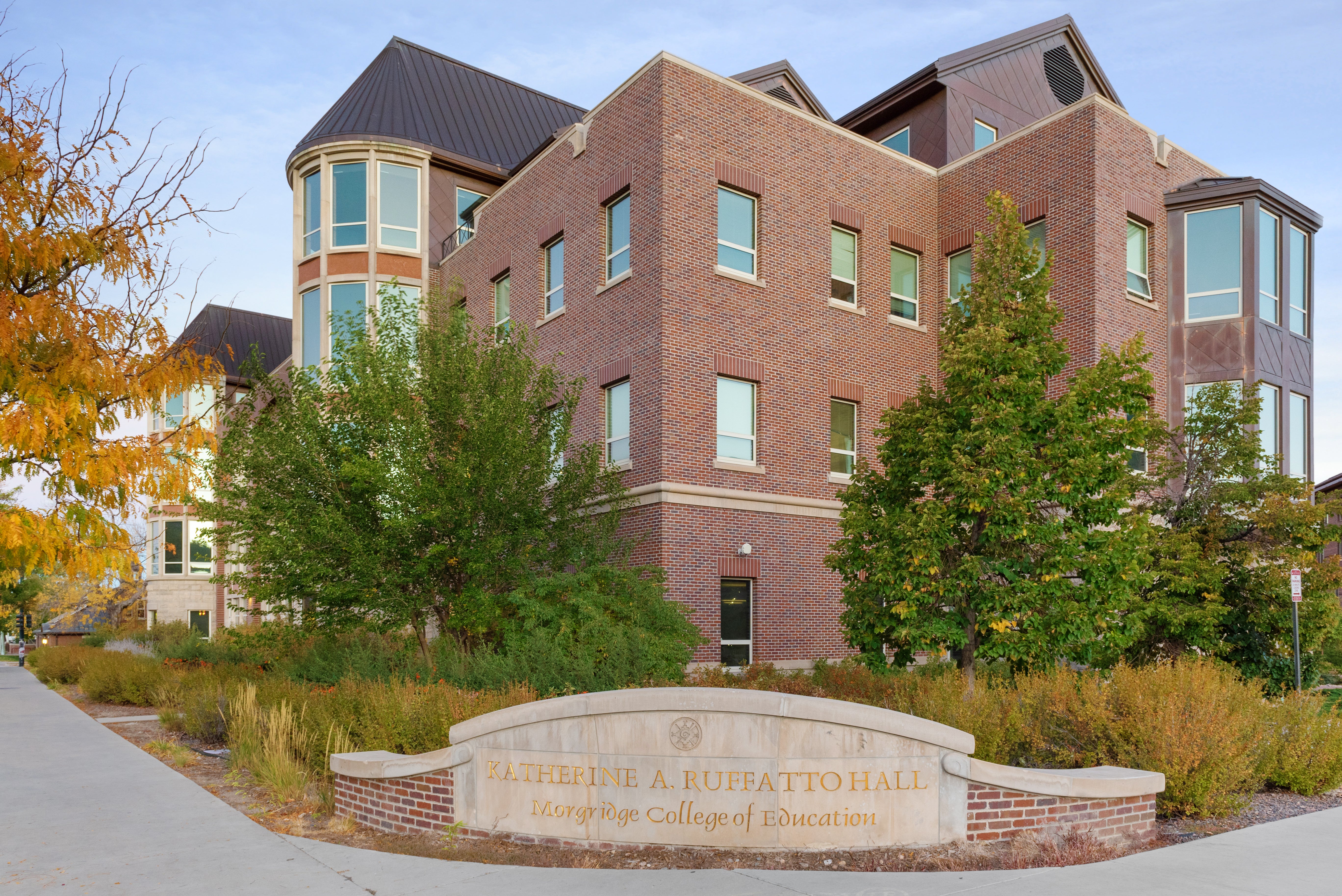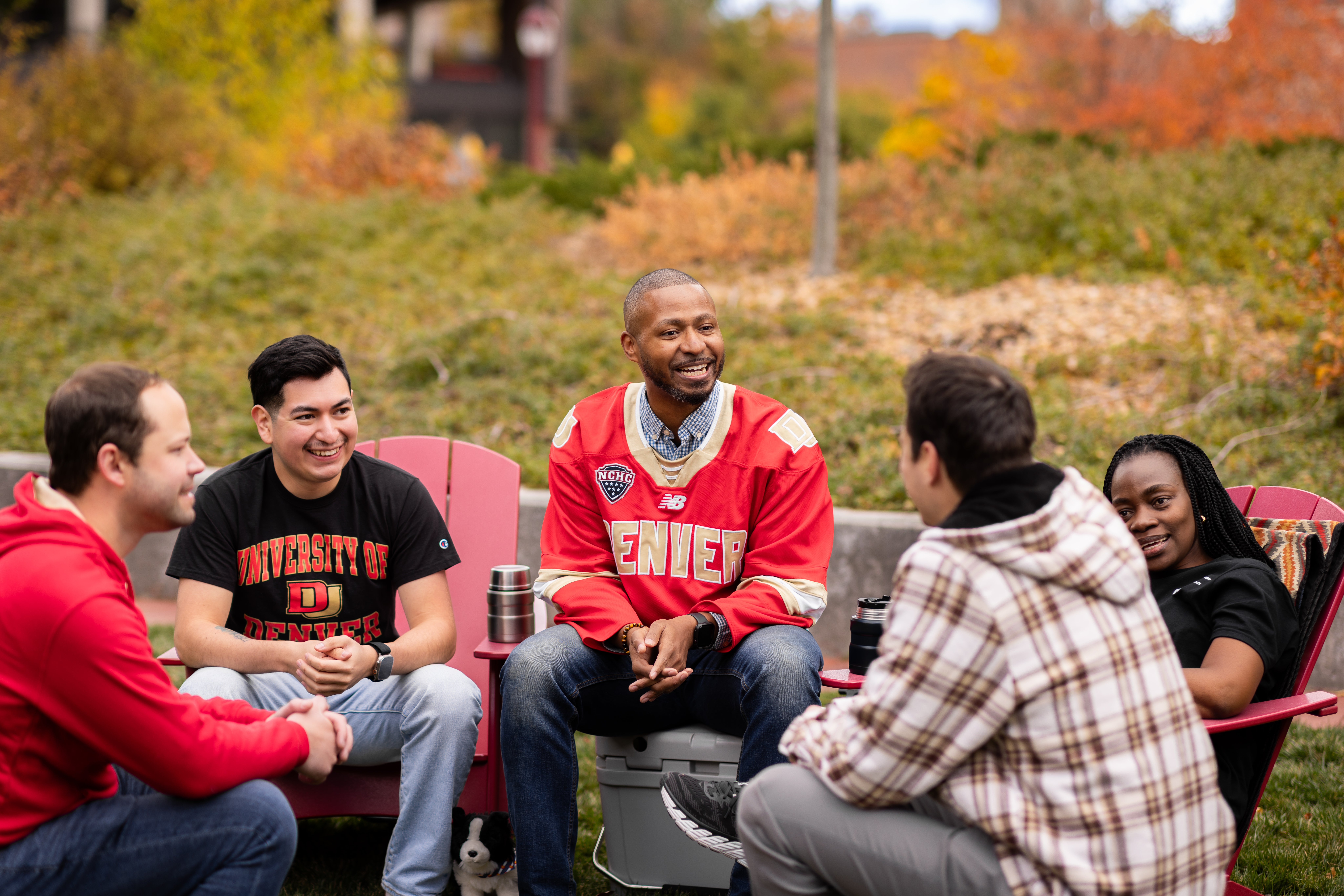DU Professor Earns National Educational Leadership Award
In a room crowded with colleagues, Erin Anderson listened as a colleague praised the breadth of her accomplishments. Now it was her turn to speak. Anderson walked to the podium, poised to accept an award, and expressed gratitude.
For the second time in three years, a University of Denver professor has won the Jack Culbertson Award, established in 1982 and presented to an outstanding junior educational leadership professor.
Anderson’s accolade, one of nine distinct awards, was presented at the University Council for Educational Administration’s 35th annual conference in November in Columbus, Ohio.
Anderson, a Morgridge College of Education assistant professor of Educational Leadership and Policy Studies, is making a name for herself in improvement science. In 2017, she began working with Denver Public Schools to help teams, teachers and school leaders problem-solve to create sustainable change.
“Very early on, I established a research agenda around [improvement science],” she says. “There have been similar types of efforts and processes. I was an early adopter of the theory.”
So far, Anderson has seen real advancement as schools work together to create a more equitable, inclusive and successful space for students.
She grew up in a family of educators but in college took an interest in sociology. After realizing schools could be an impetus for change, she went back to get a teaching license. And when she entered the classroom, she knew she had a long road ahead.
“I started to see all the ways the education system is built on a white supremacist culture. It led me to want to do research,” she says.
Back to school she went, earning her PhD at the University of Virginia to more deeply understand school improvement.
She sensed that researchers weren’t in touch with a school’s day-to-day workings. She wants practice to influence theory. In doing so, she’s learned something fundamental: It’s less about telling a school to manage better and more about giving schools a process.
Anderson’s research and work with DPS is community-based. She does the service, then writes about it.
A relational research trajectory is rare but powerful, says Jayson Richardson, chair of her department. And with Anderson notching DU’s second such win, he has reason to be proud.
“I think it really says that we have researchers out there who are doing the public good, and it gets noticed by our peers,” Richardson says. “That’s the kind of work we need to be seeing more of.”
At the end of the ceremony, as she looked around at her fellow professionals, Anderson felt pride to have won an award among such impressive senior scholars.


